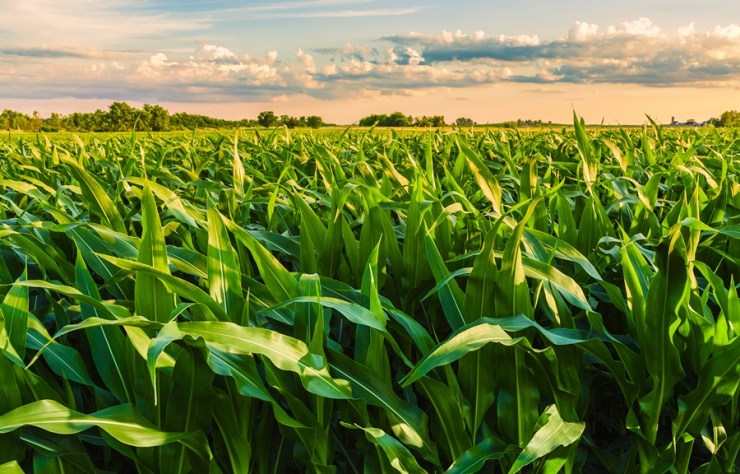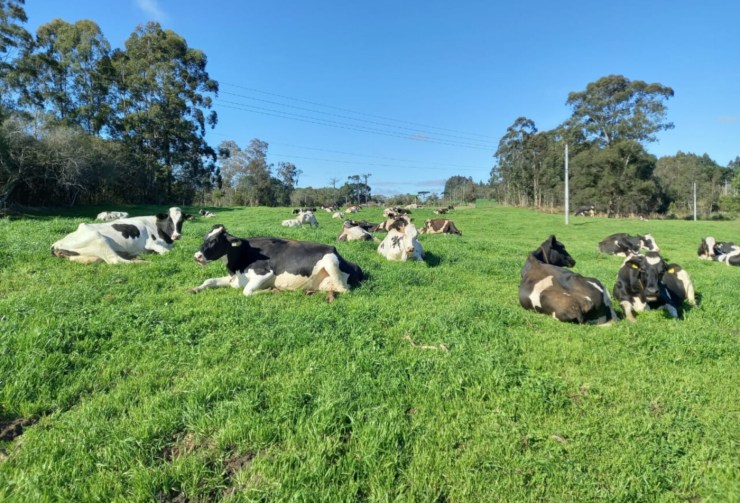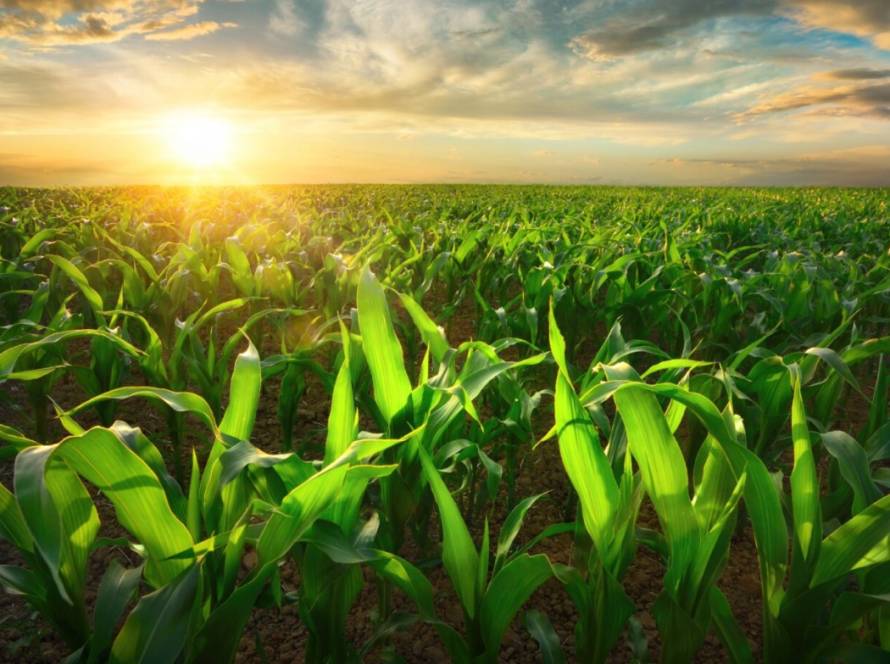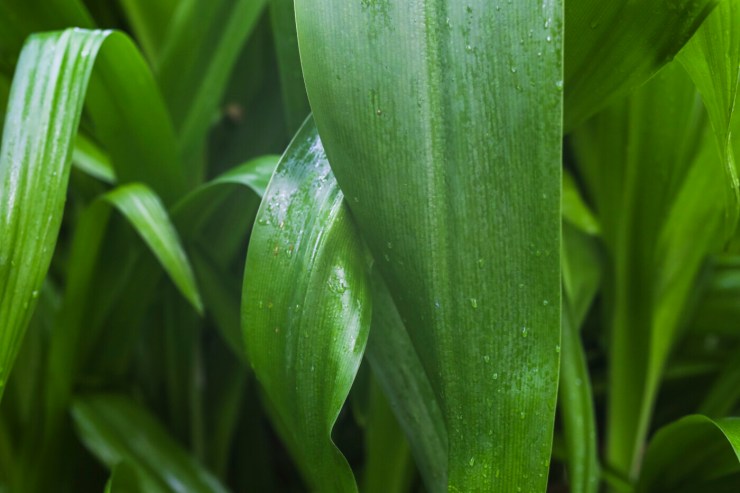More than 600 people, including academics, cattle ranchers and other professionals linked to agriculture, participated in the historic edition of the NesPro Conference and International Breeders Congress, an event promoted in partnership between the Center for Studies in Beef Cattle Production Systems and Production Chain (NesPro), of the Federal University of Rio Grande do Sul (UFRGS), and Instituto Desenvolve Pecuária, this week, at BarraShoppingSul, in Porto Alegre (RS).
NesPro coordinator, professor Júlio Barcellos, highlighted the moment of celebration of 20 editions of the event and celebrated the partnership with Instituto Desenvolve Pecuária that “took the cattle rancher off the property and into an urban environment”. According to him, the purpose of the event is to be a transformative space for the sector. The president of the Institute, Antonia Scalzilli, stated that the world has changed and so has the countryside. “We need to evolve, but without losing our essence. Innovations are born from attitudes and participating in this event is one of them.”
Agrifatto CEO Lygia Pimentel highlighted the importance of observing livestock cycles due to the reduction in profit margins over time. The expert compared livestock farming figures from the 1970s, when profitability was four times higher than the current situation in the sector. According to Lygia, livestock farmers should look for the “windows of opportunity” that the cycle provides. “In times of low prices, producers need to be careful not to get rid of their herd, as this can lead to a lack of animals to take advantage of the better prices that will come. Investing wisely.” According to the expert, this means being able to buy this cattle now, in this low phase of the cycle, waiting for the appreciation later.
Feeding livestock throughout the year is also a challenge that was addressed in the first stage of the event. Agricultural engineer Pedro Arthur de Albuquerque Nunes, professor and researcher at UFRGS, gave a lecture on forage conservation for an unstable environment. Nunes highlighted the importance of forage management in reducing threats in the context of successive climate risks in RS. Likewise, he presented a production plan involving pasture management that allows for the fitting and adjustment of forage species.
The goal, according to Albuquerque, is to manage different forage species. “So that the producer can have food for his herds 365 days a year, avoiding a reduction in performance and, when the climate challenge comes, the producer is calmer, more confident and can overcome this challenge with greater tranquility”, explained the professor.
Zootechnician Felipe Fabbri, from Scot Consultoria, focused on the importance of the adoption of data science by the sector. He highlighted the importance of interpreting historical data to project the future of the sector in terms of prices and acquisition of inputs and calves.
Livestock, war and consumption
Former Uruguayan Minister of Livestock, Agriculture and Fisheries Fernando Mattos discussed the new frontiers of beef production and, given the current reality, considered it “difficult to be optimistic” due to the likely recession and inflation worldwide. Mattos criticized the withdrawal of vaccination against foot-and-mouth disease throughout Brazil, but acknowledged that Rio Grande do Sul has a different situation.
Physician Fernando Bastos detailed the importance of meat for human health and, above all, challenged the information that meat consumption is harmful to people. According to him, there are “financial interests behind the societies that dictate nutritional guidelines,” including pharmaceutical companies. He explained that meat is important for controlling diabetes and autoimmune diseases, among others. “You (cattle ranchers) do not produce meat, you produce medicine, which cures people,” he stressed.





